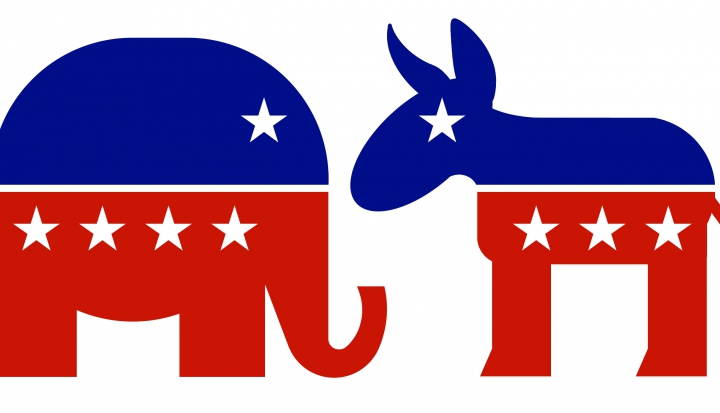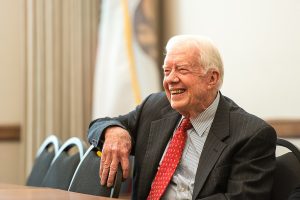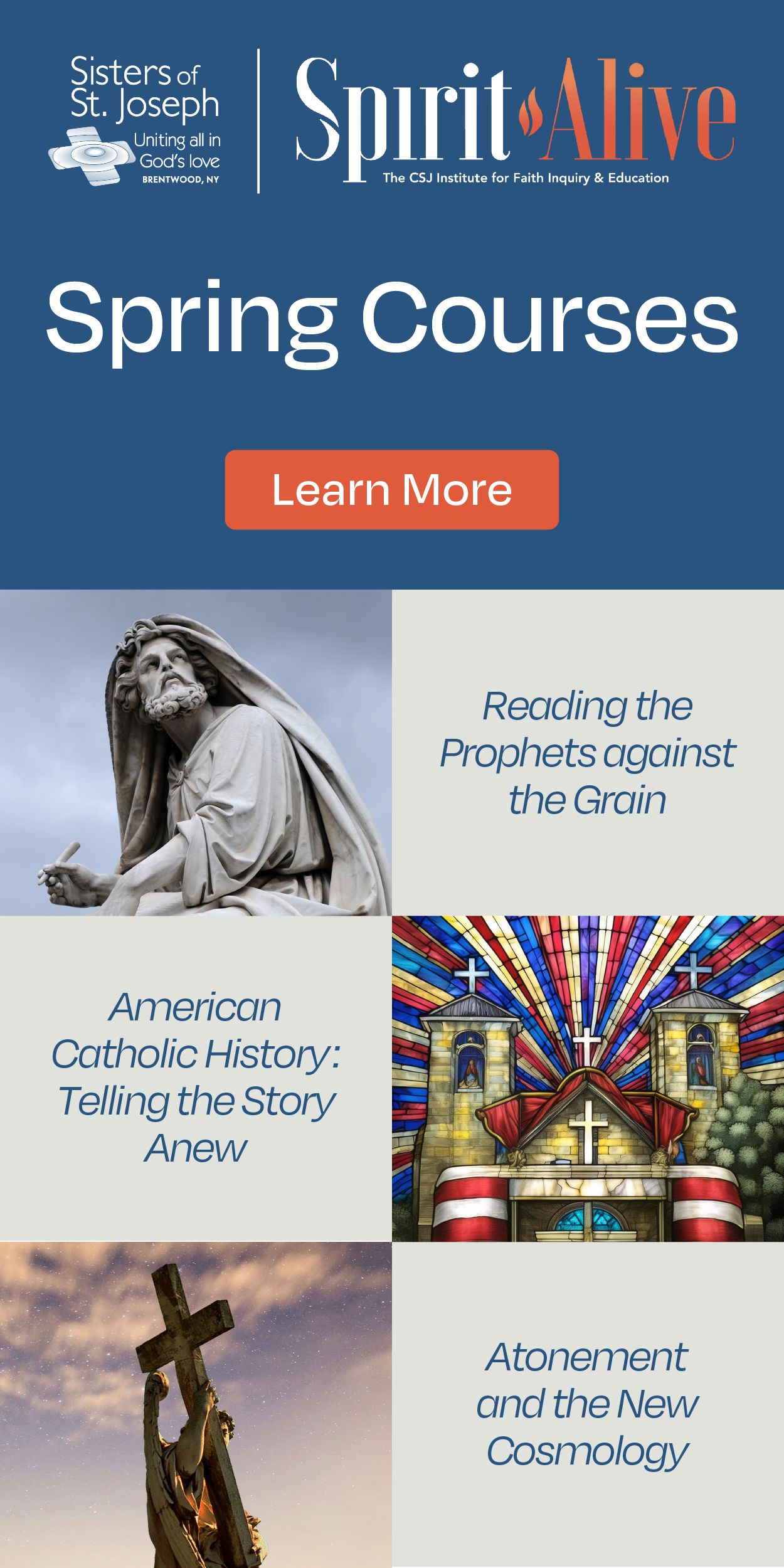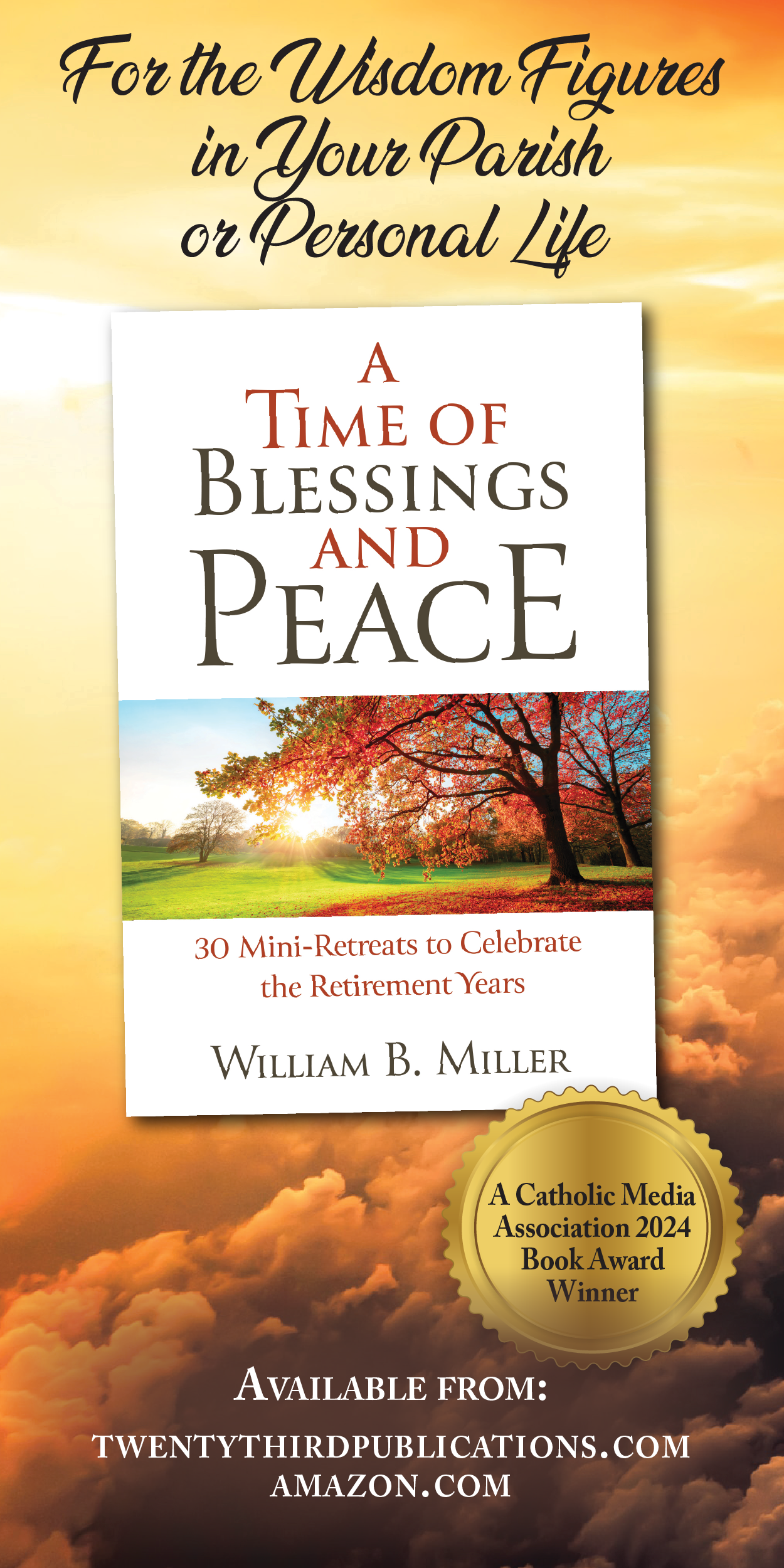Most people tend to adjust their faith to fit their politics rather than adjust their politics to fit their faith. It’s a frustration that I’ve had in a variety of different parishes in a variety of different states; when the teachings of the church conflict with a person’s political beliefs, then the person’s political allegiance takes precedence—almost every time. The person quickly decides that the church must be wrong and the political party must be right.
This year, as it has done for the last few presidential elections, the United States Conference of Catholic Bishops (USCCB) has released a document on the political responsibility of Catholics. Called “Forming Consciences for Faithful Citizenship,” the document is meant to provide a moral framework in which Catholics can analyze the pressing moral issues of the day and discern which political candidates to support.
The USCCB does not endorse any specific candidate or political party. Using the document as a resource, each Catholic is called to form his or her conscience, and then vote accordingly. At least, that’s the idea. But, does anyone actually pay attention to the bishops’ document? Has anyone ever changed their vote after reading “Faithful Citizenship”?
Catholic commentators often attempt to explain why it is inappropriate for the bishops to comment on certain issues. It generally turns out that these issues just happen to be ones with which the commentator does not agree. If someone identifies as Republican, then they will likely disagree with every single position the bishops take on issues of poverty and social justice. If they instead identify as a Democrat, then they will likely disagree with policy positions on issues like abortion or euthanasia.
Catholic Democrats make appeals to conscience, claiming that they are the party emphasizing the issues that Jesus addressed in focusing on issues of poverty and social justice. Catholic Republicans will focus only on issue that are “intrinsically” sinful—or always wrong. They ignore social issues where a “prudential judgment,” or ethical decision, must be made. (For example, deciding whether or war is just or unjust is a “prudential judgment”—going to war is not always sinful, but when it is, it is seriously sinful.)
Both sides of the political spectrum often arrogantly claim that only they are the “real” Catholics. This dynamic is depressingly predictable. In Faithful Citizenship the bishops do their best to explain that Catholic morality does not find a home in either political party and that Catholics should not be one-issue voters. But, it seems, to no avail.
Perhaps this is due in part to our individual psychologies. I would not be the first to observe that the Republican Party has been described as the “daddy” party, with its emphasis on discipline, personal responsibility, and law and order. Likewise, the Democratic Party can be seen as the “mommy” party, with an emphasis on compassion, cooperation, and community. Whether an inherent part of our personality, a result of our family upbringing, our geographic location, career choice, or a combination of all of the above, each and every one of us approach political and social issues with a preexisting attitude—an attitude that leans toward one political approach over the other.
In a similar way, people can also be committed to a certain political or economic ideology—think libertarianism, socialism, supply-side economics, conservatism, liberalism, etc. These ideologies often have a stronger claim on a Catholic’s allegiance than does the church. Party loyalty can cause the desire to have one’s own side “win,” no matter the specifics of various policy proposals. You can see this clearly exemplified in polls that show people for or against a position based solely on which political party or politician has endorsed it. The problem comes when these considerations take precedence over faith, scripture, and Catholic social and moral teaching.
When taking into consideration the fact that many people ignore information that does not fit nicely with their psychological dispositions, ideological commitments, or party allegiance, it becomes very difficult to prayerfully discern effective moral social policies to support. Where can one find analyses and recommendations that transcend partisan politics, ideology, and individual preferences?
This is where I turn to the USCCB. The church uses the gospel and Catholic moral theology to evaluate social policy proposals. The bishops’ guidance never appeals to superficial slogans, blind obedience, or emotional outrage. Their advice, for the most part, transcends individual psychological preferences, partisan agendas, and ideological allegiances.
The bishops may not always be right, but at least they are not bound by narrow attitudes or ideologies. In the midst of a presidential election year, American Catholics should show a greater willingness to acknowledge and trust the guidance the bishops offer on the pressing social and moral issues of our day.
Father Paul Keller’s online column, Smells like sheep, focuses on the places where pastoral ministry, public policy, theology, and ethics converge.
Image: Flickr cc via DonkeyHotey













